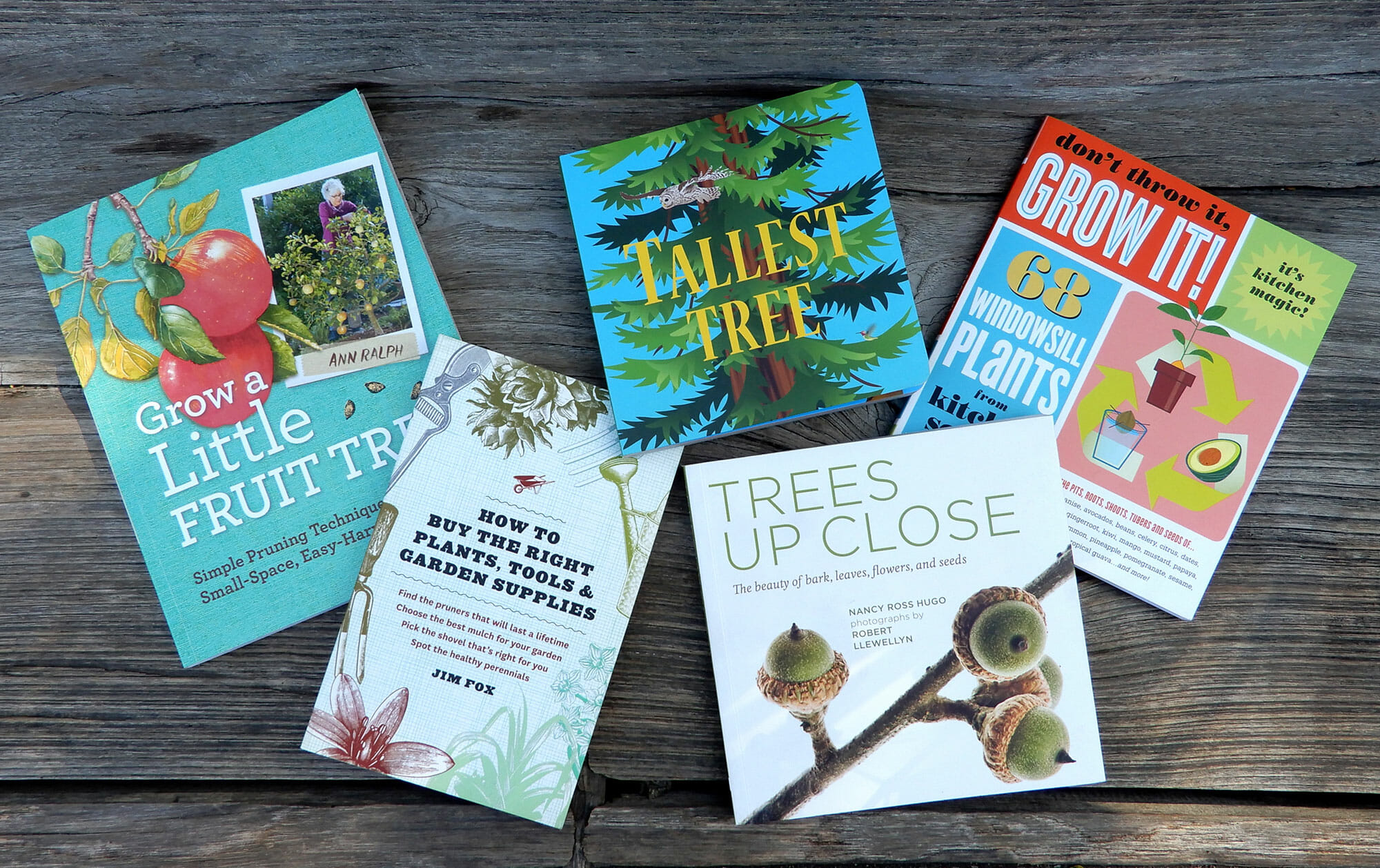For those of us who truly enjoy gardening, this season of shortening days may seem frustrating. Each day, by the time we finish working it is already too dark to weed, trim, dig or plant. There’s always the weekend, but why wait? I have been known to resort to using a headlamp, but that technique is really best for nighttime snail and slug harvests.
 So what I like to do is start early in the morning, bundle up in warm clothes, get out with the birds and spend an hour cleaning up, grooming, and preparing spaces for new planting. Recently I’ve been pulling out the summer veggies and preparing those planting beds for winter. The same applies to the ornamental side of my garden, where I’m constantly making room for something new.
So what I like to do is start early in the morning, bundle up in warm clothes, get out with the birds and spend an hour cleaning up, grooming, and preparing spaces for new planting. Recently I’ve been pulling out the summer veggies and preparing those planting beds for winter. The same applies to the ornamental side of my garden, where I’m constantly making room for something new.
Nighttime or early morning garden forays still may not be an option if it is too cold or wet. In that case I say “embrace your yin element” and instead of being action and accomplishment oriented spend the time planning, doing research, meditating, or reading; whatever it takes to get in closer touch with your plant-related goals.
Lately I have found my literary interests gravitating toward books where trees are the main character. One thought-provoking novel in particular that stands out for me is The Overstory by Richard Powers. Others, which you can find in the book department at Berkeley Hort cover a range of topics. Check out Grow a Little Fruit Tree by Ann Ralph, Secrets of the Oak Woodlands by Kate Marianschild, The Tallest Tree (for kids) by The Golden Gate National Parks Conservancy, or one of my favorites, King Sequoia by William Tweed, which covers everything you ever wanted to know about Giant Sequoias. Great reading!
And speaking of trees, please remember that January will be prime time for selecting and planting fruit trees at BHN, and is also the month that we offer free workshops on how to keep them small. Let me leave you with my nine favorite reasons to plant a tree today.
Reasons to Plant a Tree
- To attract, feed, and provide cover for birds.
- For shade and cooling.
- Because it will produce oxygen and sequester carbon.
- To feed you and your neighbors.
- To offset clear-cutting of old-growth forests.
- So your children can experience and learn about trees.
- To stabilize the soil.
- To leave behind a legacy that others will enjoy.
- Because it feels good.



